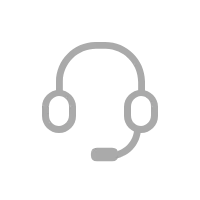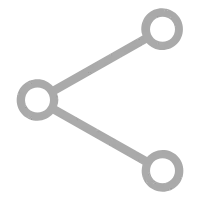High Fashion验厂咨询-纪律性实践之优良纪律实践要求与不可接受纪律行为规范
DISCIPLINARY PRACTICES
纪律性实践
Good Disciplinary Practices
优良纪律实践
Employers will use progressive discipline, e.g. escalating discipline by using steps such as verbal warning, written warning, suspension and termination.
厂方应使用渐进的纪律手段,例如使用口头警告、书面警告、停职和终止劳动关系等逐步升级的步骤。
Any exceptions to this rule, e.g. immediate termination for theft or assault must be in writing and clearly communicated to workers.
任何例外于这一纪律规定的,如因偷盗和殴打他人而需立即终止劳动关系, 必须有书面报告并向员工清楚地的表明。
The disciplinary procedure must be standardized throughout the factory.
处罚程序必须在全厂范围内有统一的标准。
Employers must ensure that all disciplinary actions are clearly and accurately recorded and documented.
厂方必须保证所处罚行为都有明确准确的记录。
The employer must keep records of disciplinary actions taken, including the written acknowledgement from the workers that they were informed of the disciplinary action and of any future disciplinary action that may be taken should they break the factory rules again.
厂方必须保存纪律性措施的记录,包括工人的书面材料证明他们接到纪律处分的通知和今后违反纪律可能受到的处罚。
Unacceptable Disciplinary Practices
不可接受的纪律性实践
Employers must not
厂方不得:
Use physical discipline, or threats of physical discipline.
使用体罚,或威胁使用体罚。
Demean, harass or abuse worker.
贬辱、骚扰或辱骂员工
Restrict access to drinking water, toilets, medical care etc as a means of punishment
限制员工使用卫生间、饮水或使用医疗服务作为惩罚措施。
Employers will prohibit screaming, threatening or demeaning verbal language.
厂方不得使用高声训斥、威胁或贬辱身份的口头语言。
Employers must not use monetary fines as a disciplinary measure.
厂方不得使用货币性罚款作为纪律性处罚方式。
Deductions for tardiness or time missed must not exceed the wage equivalent of actual time missed.
迟到或误工的扣除不得超过实际未工作时间的工资。
























 18576401396
18576401396 




